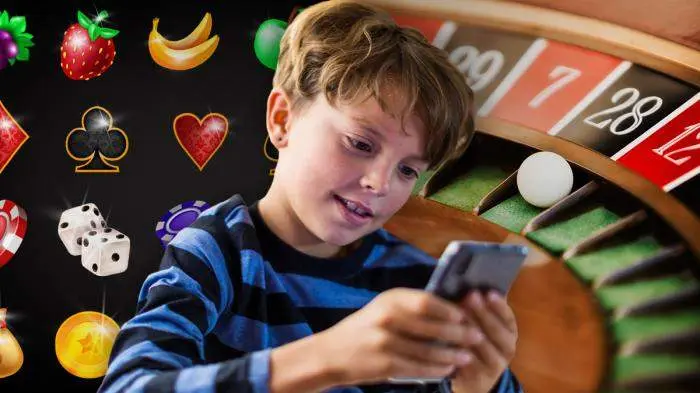
Gambling addiction in adolescents: why it can be the gateway to anxiety and depression
According to experts, it generates emotional and psychological consequences that can also include mood swings, sadness and insomnia.
What are the warning signs about online gambling?
Gambling addiction, characterized by the compulsion to gamble, seriously affects the personal, family and academic life of those who suffer from it, being a psychological disorder that creates a mental dependence similar to that of psychoactive substances, according to experts.
In Argentina, the participation of minors under 18 years of age in online betting platforms, as well as in casinos and bingo halls, is prohibited by law. However, gambling addiction, known as compulsive gambling, is increasing among adolescents, a particularly vulnerable group due to their stage of emotional and cognitive development. Compulsive gambling, defined as a psychological disorder characterized by the compulsion to gamble, seriously affects the personal, family and academic life of those who suffer from it.
These bets activate the same areas of the brain as psychoactive substances, creating a similar mental dependence. Historically, pathological gamblers were mostly adults over 45 years of age who bet in physical places. Nowadays, the virtual gaming modality has changed the profile of the player towards young people from 15 to 35 years of age, many of them high school or university students, who spend long hours on online platforms.
Impact on the mental health of adolescents
Childhood gambling addiction generates emotional and psychological consequences, such as mood swings, anxiety, sadness and insomnia. It can even be the gateway to depression.
“Gambling addiction among adolescents is related to other high-risk behaviors, such as smoking, alcohol or drug use. It is associated with higher levels of anxiety, depression, impulsiveness, risk-taking and disinhibition”
“These adolescents show more difficulties in their academic performance and more behavioural problems, as well as a greater tendency towards behaviours outside the framework of the family and social law. Most adolescents are not aware that they have a gambling problem and tend to perceive the associated risks as something that could happen in the future, but not immediately and that they can stop whenever they want”
“Addiction is defined as a persistent physical and psychological dependence on substances or behaviors, and can manifest as gambling addiction. This behavior affects not only individual mental and financial health, but also weakens family relationships. It has significant impacts on the entire family. Gambling addiction leads to financial losses, accumulating debts and, in some cases, leading to illegal financial practices to maintain the addiction. Distrust and deception become common. Players tend to lie about the extent of their gambling activity, creating an environment of secrecy. This condition has a strong emotional impact on families, generating stress, anxiety and shame among members.”
Due to its characteristics, online gambling is very addictive, much more so than face-to-face gambling, according to the expert: “This is explained by the immediacy of the prize, the speed with which bets are made and the intimacy and comfort with which one can play with any electronic device. In addition, one can play at any time and in any place.”

 IHRO NEWS
IHRO NEWS